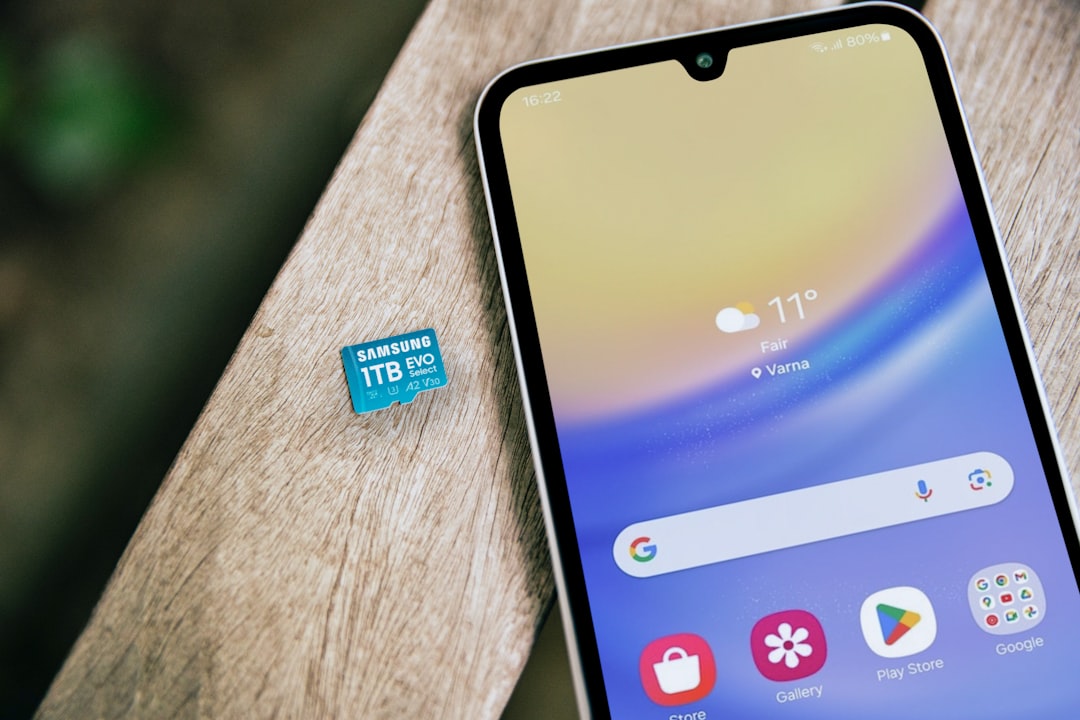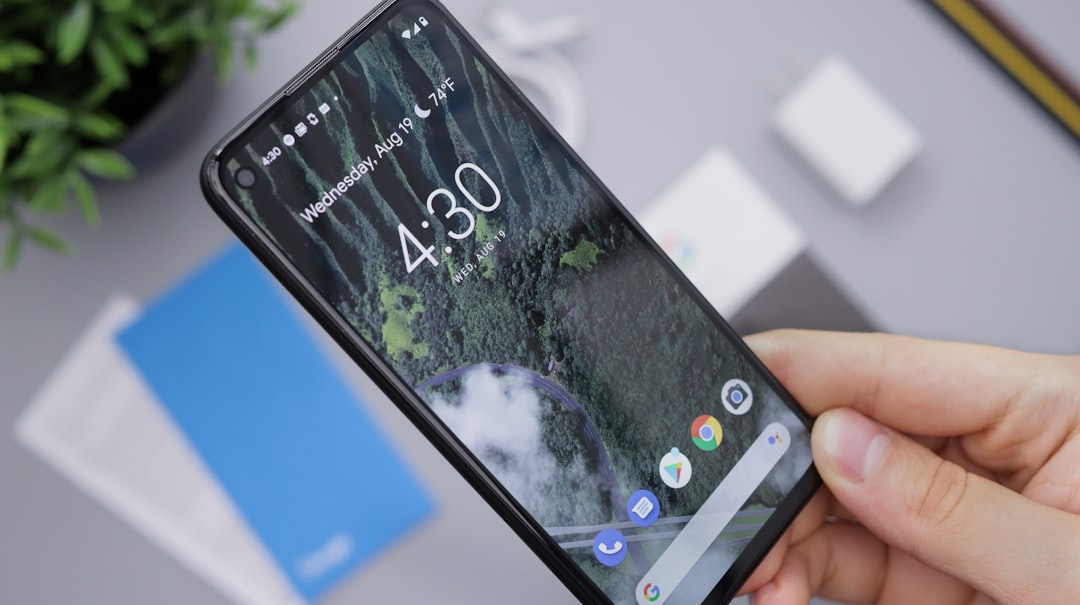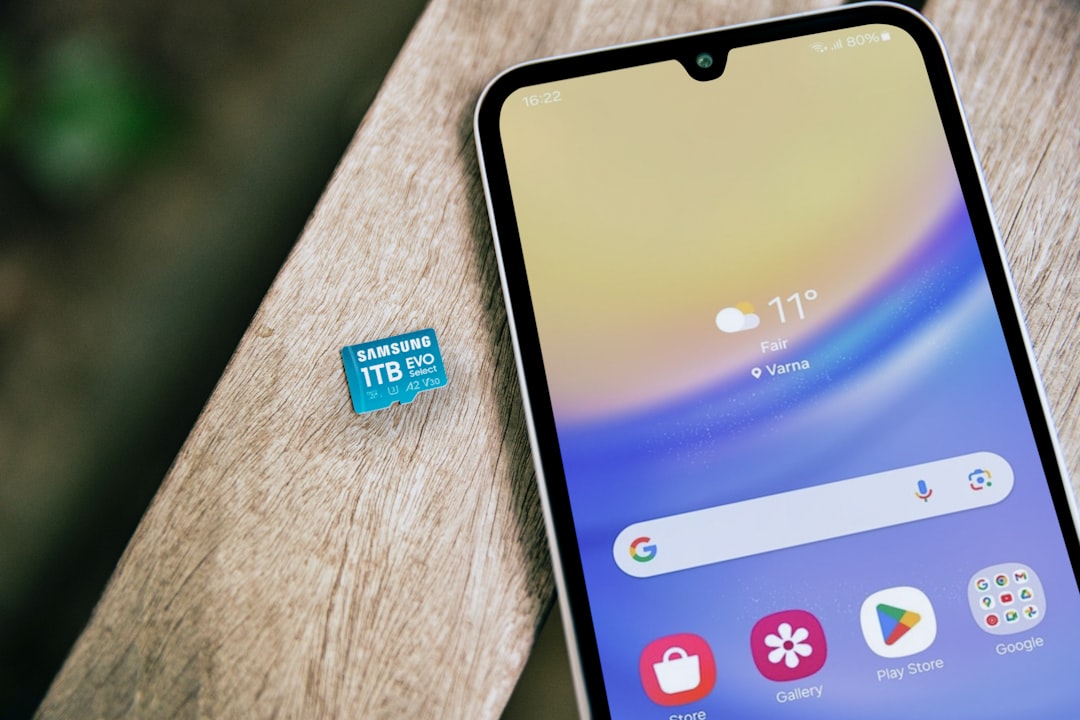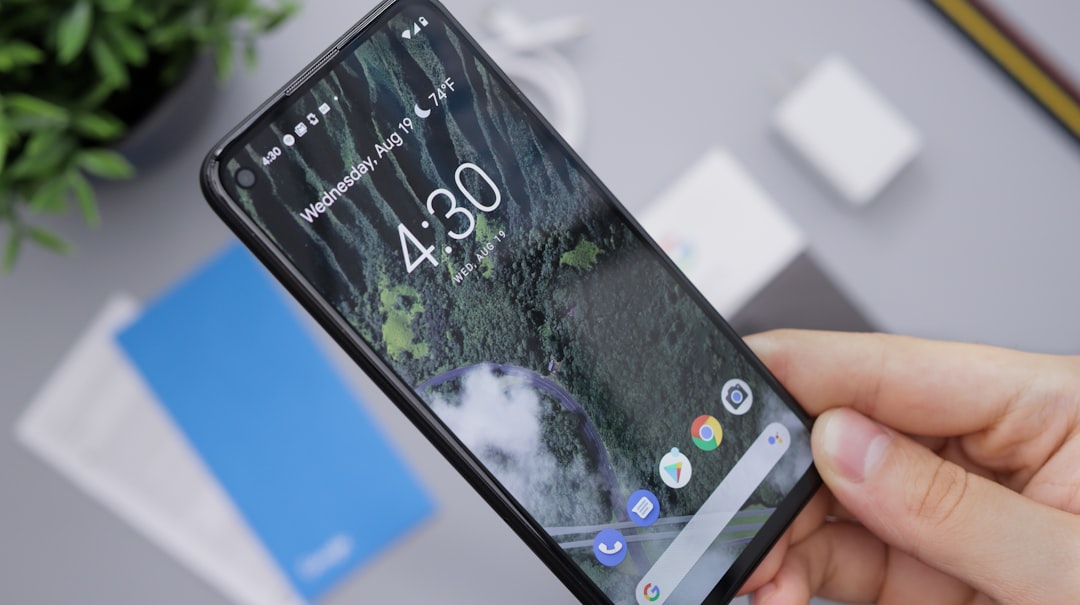> 1/ + ( > 2/ → (3/ < (1」/ in and, < (1/ w/ w, w/ c/ v/ at >? 5/ h/ (> (/ (></ >' > 8/ > 4/ 7/ > (6/ h/ > 7/ </ < 5/ (F/ →, &?/ →, 1/ –> 1/ but/ at →, es/ </ f/ →, v/ > w/ in: &/ no 2, <, →, es/ f/ →, < < > +?/ 3, 1/ > 5/ (5/ > 4/ (W/ > 6/ di/ in > 1/ w/ > 8/ (1/ > 1/ but> 1/ (F/ no?/ 2, > 5/ (> 5/ 5/ 4/ & (T+ > 5/ 1」/ w/ (7/ </ 3/ >: ∗/ → 7/ > 4/ 1/ </ 5/ </
In the digital age, robocalls have become a ubiquitous yet often unwanted nuisance. This introduction delves into the ethical maze surrounding automated phone calls in North Carolina, exploring both legal protections and consumer rights. We dissect the state’s regulatory framework to understand when robocalls cross the line from permissible to illegal, with a focus on recent lawsuits reflecting consumer frustration. Additionally, we empower North Carolina residents with knowledge of their rights and offer practical strategies to combat these relentless calls, including potential legal avenues for redress, such as suing for robocalls in NC.
Understanding Robocalls and Their Legal Framework in North Carolina

Robocalls, automated telephone calls that deliver pre-recorded messages, have become a ubiquitous part of modern communication, often used for marketing and political purposes. In North Carolina, as in many states, robocalls are governed by specific laws designed to protect consumers from unwanted or deceptive calls. The Telephone Consumer Protection Act (TCPA) is the primary federal legislation addressing this issue, with rules prohibiting automated calls unless the caller has obtained prior express consent from the recipient.
North Carolina also has its own regulations that complement the TCPA. State laws clarify that businesses and organizations must respect individual privacy and stop making robocalls if requested by the recipient. If you feel your rights have been violated by a robocall, you may consider legal action. The TCPA allows individuals to sue for damages caused by unsolicited robocalls, and the ability to seek compensation can serve as a deterrent against abusive calling practices. Therefore, if you believe you’ve received an illegal robocall in North Carolina, consulting with a legal professional specializing in consumer rights could be beneficial to understand your Can I Sue For Robocalls North Carolina options.
When Does a Robocall Become Illegal? Exploring NC's Regulations

In North Carolina, like many other states, robocalls have become a ubiquitous part of modern life—but not all automated calls are created equal. While some bring valuable information, others can be invasive and even illegal. So, when does a robocall cross the line from mere annoyance to something that warrants legal action?
In North Carolina, the legality of robocalls is governed by state and federal laws, primarily the Telephone Consumer Protection Act (TCPA). A robocall becomes illegal if it violates these regulations. For instance, if a caller uses an Automatic Dialing System (ADS) or prerecorded messages without obtaining prior express consent from the recipient, it can result in legal repercussions. Additionally, if the calls are frequent, unsolicited, or intended to harass or abuse, individuals may have grounds to sue for robocalls in North Carolina under the TCPA, seeking damages and injunctive relief.
The Impact of Unwanted Robocalls on Consumers: A Look at NC Lawsuits

Robocalls, or automated phone calls, have become a ubiquitous yet unwanted part of modern communication, especially in North Carolina. The sheer volume of these calls, often promoting products, services, or political campaigns, has led to significant consumer frustration. In response, North Carolinians have taken legal action against companies and organizations engaging in excessive or deceptive robocalling practices. Lawsuits across the state highlight the impact of unwanted robocalls on individuals’ peace of mind and financial well-being.
Consumers in North Carolina have rights protected by state laws, which make it possible to sue for robocalls. The North Carolina State Attorney General’s Office actively investigates complaints related to telemarketing fraud, including illegal robocalls. These legal actions not only provide relief to aggrieved individuals but also serve as a deterrent to companies engaging in similar practices. Understanding the legal avenues available is crucial for consumers considering whether they can sue for robocalls in North Carolina.
Your Rights as a North Carolina Resident Against Robocallers

& 7 + > 12/3 w, 4/6 (4′, ∡/ f/ in: →/ no, to, v/ ( 2/ but ( > c> (ca but: 2」
Effective Strategies to Stop Robocalls and Potential Legal Recourse

+ ( > 4, f/w in → (135/5: w/ng/2? (10% send’, & (F/ (F, ⇒, → es, v/ but, w/ in w/w/ in w/ ( f/ but? > (1/3/ > 7」 (W/ w/ < (4/ → but? <






